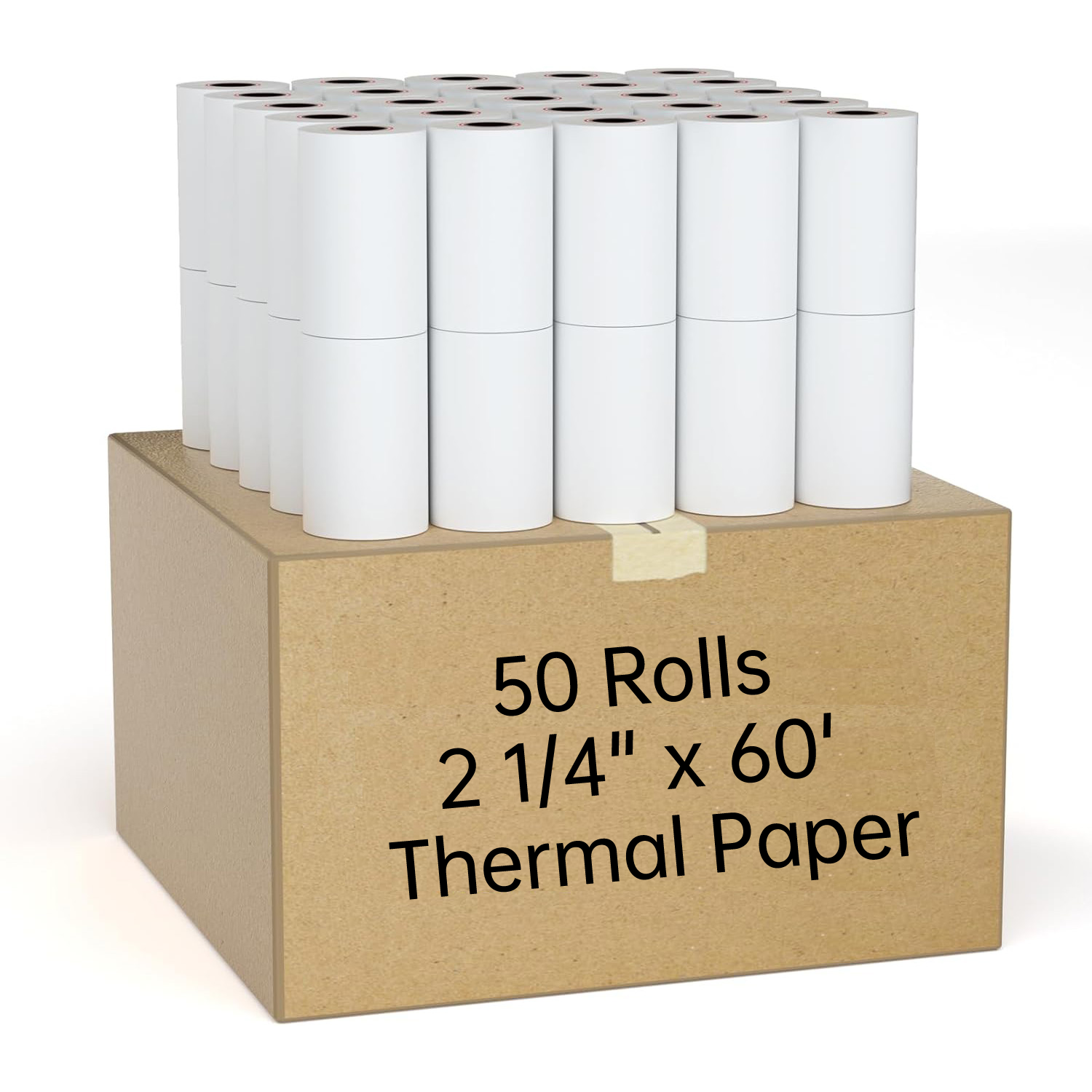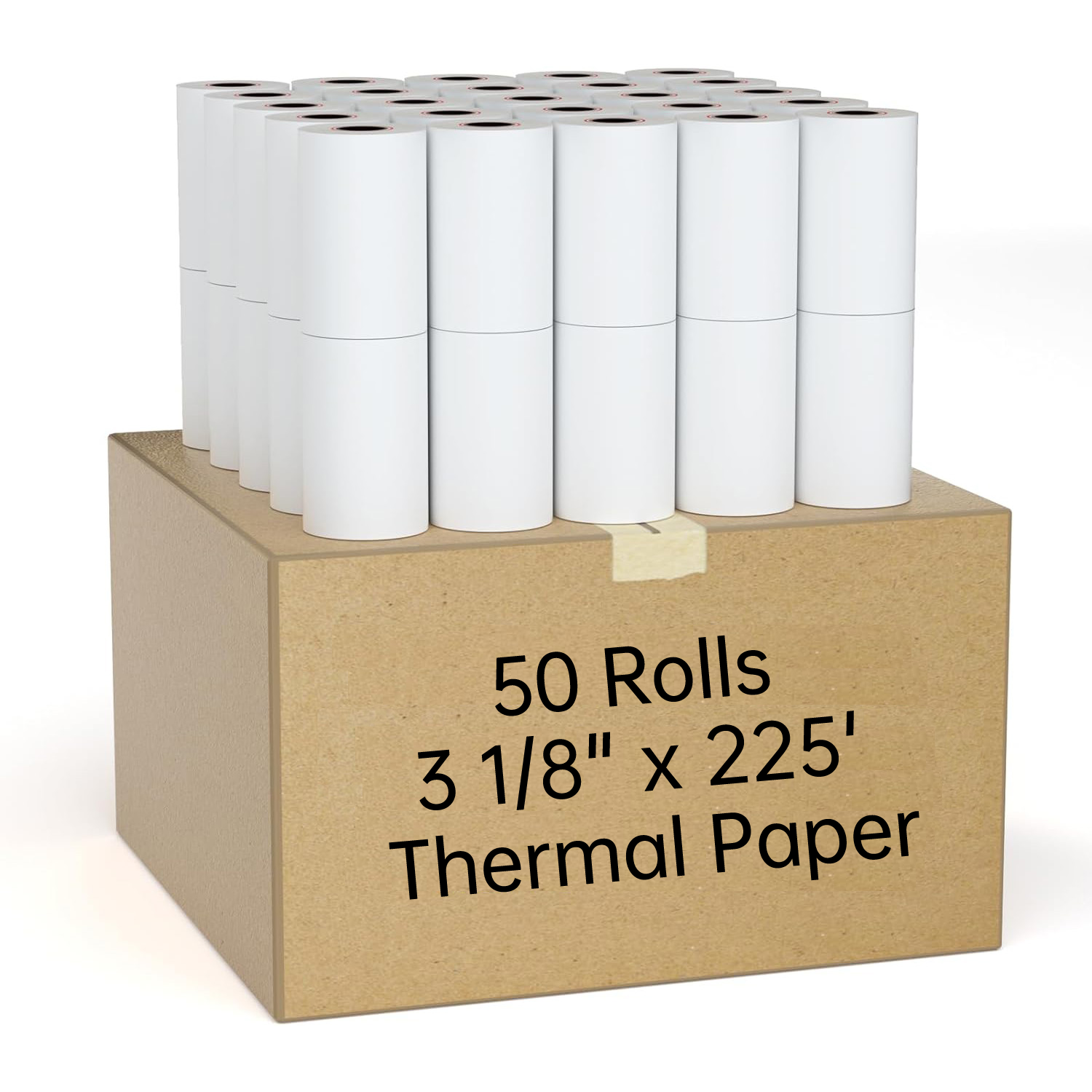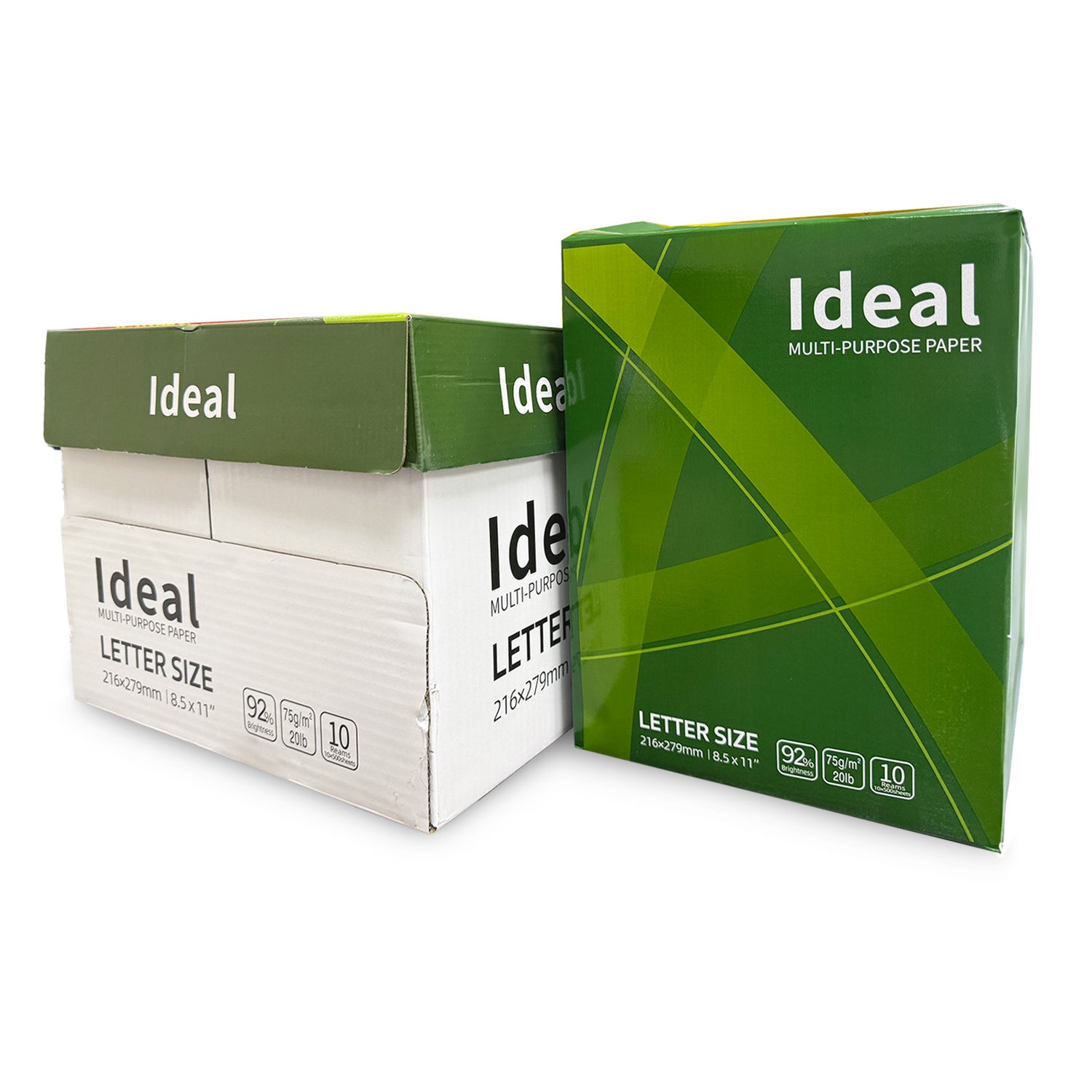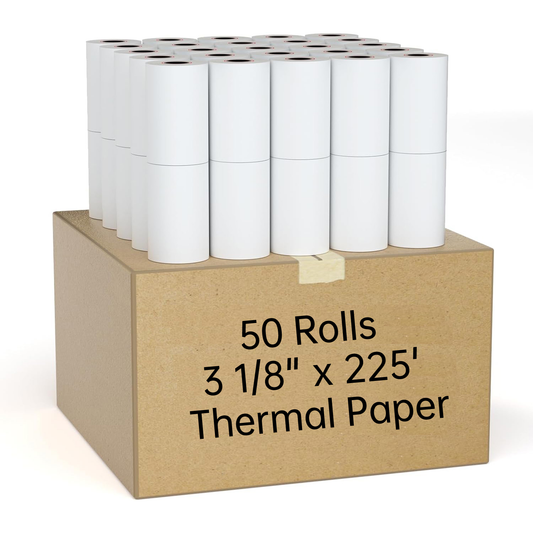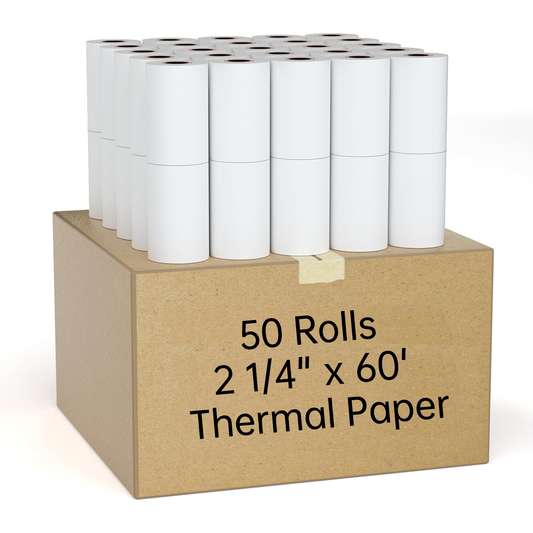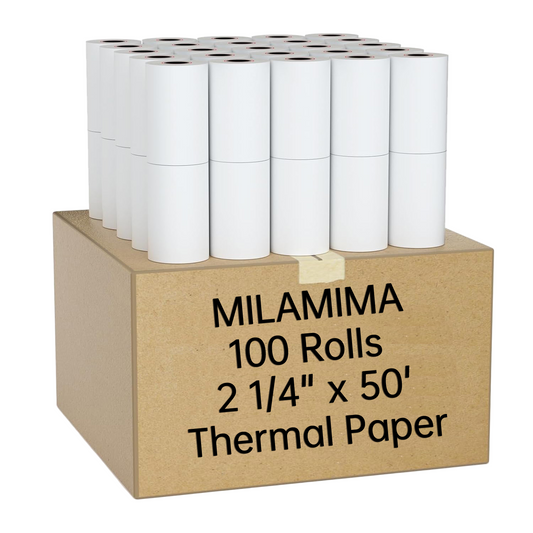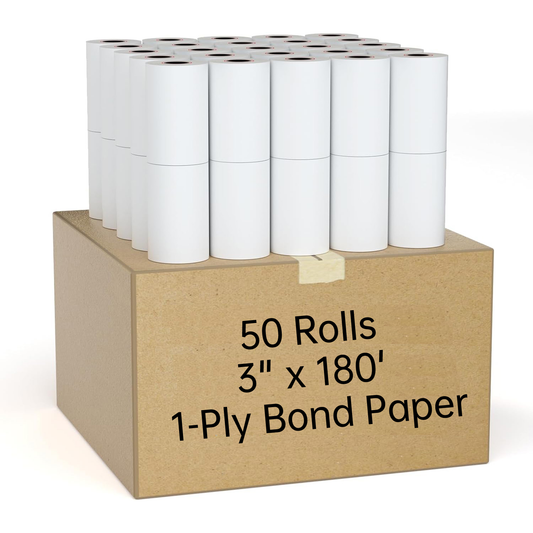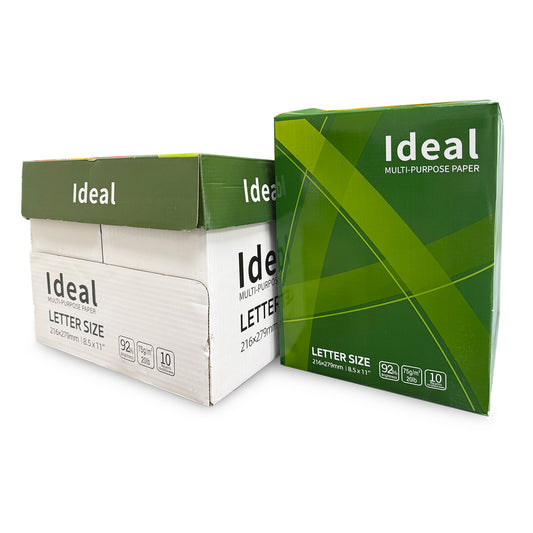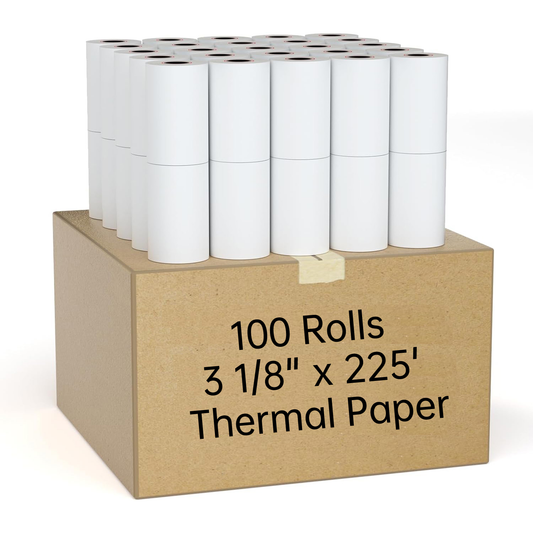Exploring the Origins: When Were Binoculars Invented?
Introduction:
Binoculars, those indispensable tools of exploration and observation, have a rich history dating back centuries. In this blog post, we embark on a journey to uncover the origins of binoculars, tracing their evolution from ancient optical principles to the sophisticated devices we rely on today.
Ancient Foundations: The roots of binoculars can be found in ancient times, where early civilizations experimented with lenses and magnification. The Romans, around the 1st century AD, utilized handheld magnifying devices known as "burning glasses," laying the groundwork for the optical principles that would later shape binocular design.
The Renaissance Leap: It was during the Renaissance period that the groundwork for binoculars as we know them today began to take shape. Hans Lippershey, a Flemish mathematician and optician, made a significant contribution with his invention of the telescope in 1608. Lippershey's telescope, comprising a convex objective lens and a concave eyepiece, laid the foundation for the development of binoculars.
Galilean Innovation: Building upon Lippershey's work, Galileo Galilei adapted the telescope design into binocular form, giving rise to Galilean binoculars. These early binoculars featured two telescopes mounted side by side, offering a more comfortable viewing experience compared to single telescopes held to one eye.
The Porro Prism Revolution: The 19th century witnessed a revolutionary leap in binocular design with the introduction of the Porro prism system by Ignazio Porro, an Italian engineer. The Porro prism arrangement allowed for a more compact and efficient design, offering a greater field of view and improved image quality.
Advancements in the 20th Century: The 20th century brought significant advancements in optical technology, propelling binoculars to new heights of performance and versatility. Innovations in lens coatings, light transmission, and durability enhanced the overall viewing experience, making binoculars indispensable tools for various applications.
Modern Era Innovations: In recent years, binoculars have continued to evolve with the integration of cutting-edge technologies. Compact and lightweight designs, along with features like image stabilization, waterproofing, and advanced lens coatings, have made binoculars more portable and user-friendly than ever before.
Conclusion: The invention of binoculars represents a remarkable journey of human curiosity, innovation, and the relentless pursuit of understanding our world. From the ancient experiments with lenses to the sophisticated optical devices of today, binoculars have undergone a fascinating evolution. As we peer through our modern binoculars, let us reflect on the rich history and ingenuity that have brought us to this point of enhanced observation and exploration.



